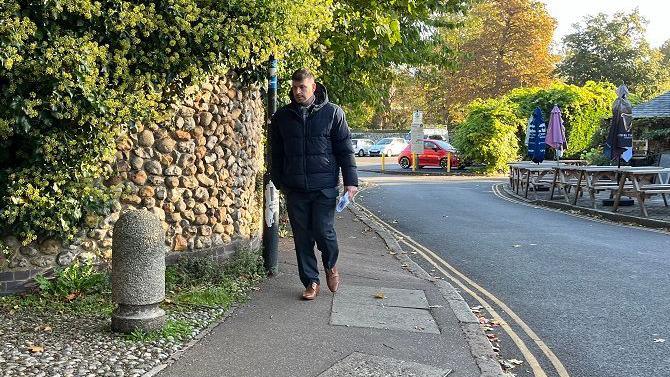Call to end abortion pills by post after poisoning
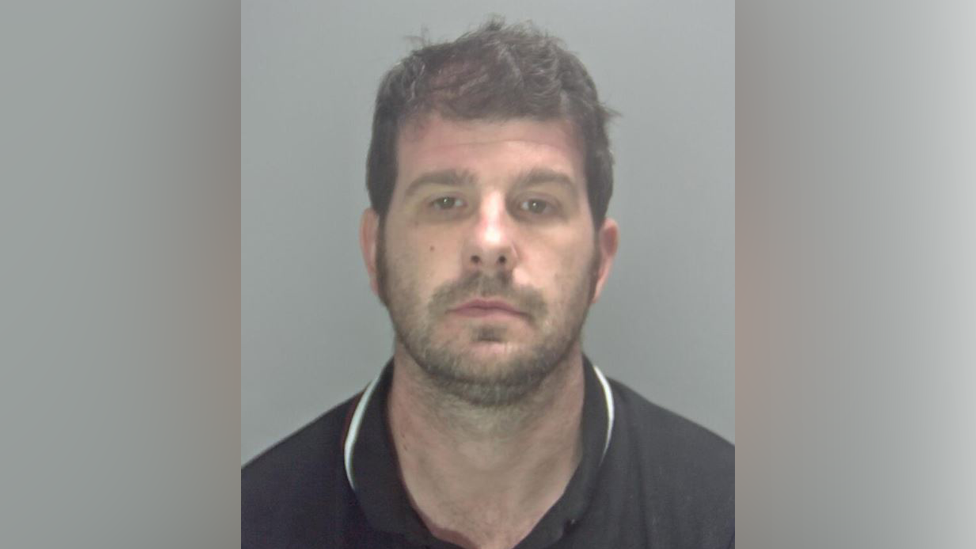
Stuart Worby poisoned the woman with abortion pills in 2022
- Published
An anti-abortion group has called for abortion medication to stop being accessible by post after a man was convicted of poisoning a woman with pills.
Stuart Worby, 40, from Dereham, Norfolk, was jailed for 12 years for sexually assaulting the pregnant woman and giving her abortion medication.
Right To Life UK wants the government to suspend the ability for people to be sent this medication by post, which was introduced during the Covid pandemic, in light of the case.
The British Pregnancy Advisory Service said women needed to access safe abortions and should not be punished "for the actions of abusive men".
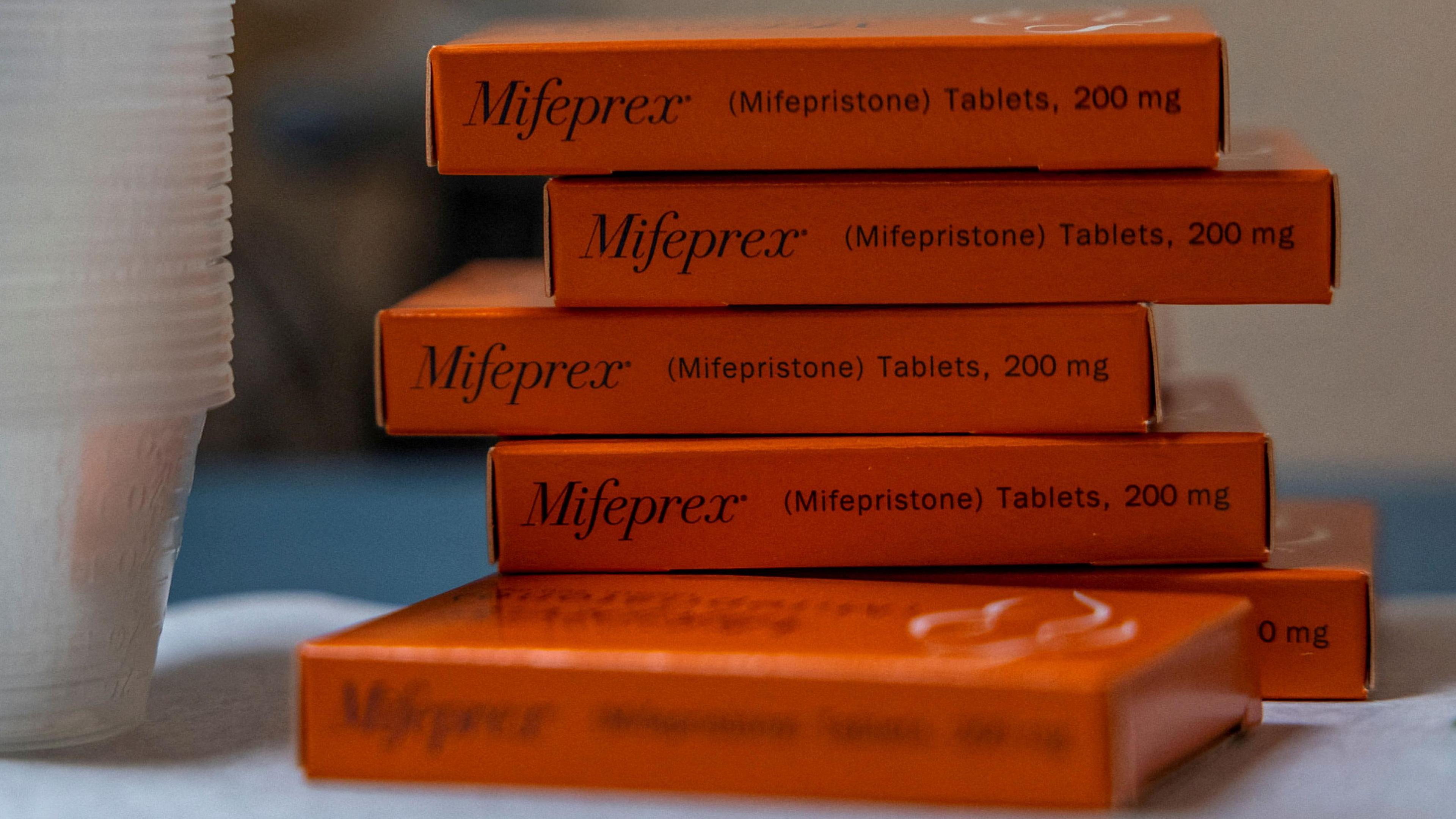
Mifepristone is one of two medicines used in the chemical abortion process
Worby gave the woman mifepristone crushed up in a glass of orange juice. The next day he administered misoprostol during a sexual assault.
The pills are commonly used together to terminate a pregnancy.
They are usually given 24 hours apart and can be administered at home after a woman has had a consultation with a doctor.
Worby's victim, who cannot be named for legal reasons, suffered a miscarriage in hospital within hours of the assault, which happened in 2022.
Worby obtained the medication from a friend, Neuza Cepeda, who posed as a woman in need of an abortion.
After a phone consultation with a doctor at a London clinic, they sent her the medication.
The pills-by-post scheme enables women who are less than 10 weeks pregnant to access abortion medication after a phone or video consultation with a doctor.
It was introduced during the Covid pandemic to ensure women could continue to access terminations during early pregnancy. The scheme was made permanent in March 2022.
Critics have said the removal of the requirement for an in-person medical appointment leaves the process open to abuse.
Earlier this year, a cross-party group of MPs tabled an amendment, external to the Criminal Justice Bill to try to restore the pre-pandemic requirement for a face-to-face medical check before abortion medication could be prescribed.
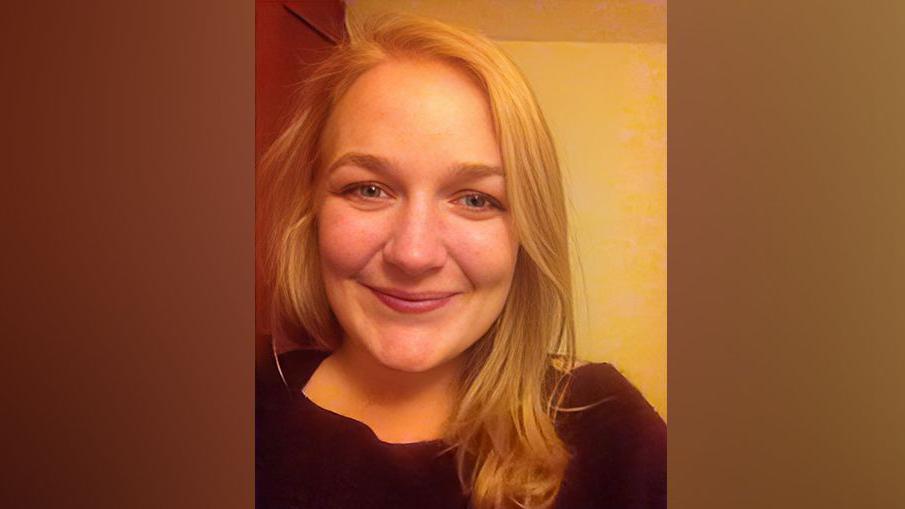
Catherine Robinson from Right To Life UK is worried it is too easy to access abortion medication by post
Right To Life UK campaigns on issues such as abortion, assisted suicide and euthanasia.
Catherine Robinson, a spokesperson for the group, has called on the government to end the ability to obtain abortion pills by post in light of the Worby case.
"If at-home abortions had not been introduced, Stuart Worby would not have been able to obtain these pills from this abortion provider, and this tragic case would not have happened.
"The woman involved would not have been poisoned and her baby would not have had his or her life ended."
Cepeda obtained the medication from The Gynae Centre, a private women’s health clinic in London.
The clinic has not responded to the BBC's requests for comment.
The Department for Health and Social Care said there were no plans to review the system.
A spokesperson said: "Our deepest sympathies are with the victim in this horrific case.
"It is crucial that women who choose abortion are able to do so safely, and the department works closely with NHS England, the Care Quality Commission and providers to ensure that abortions are provided legally and with robust clinical oversight."
They added that women prescribed medication to terminate a pregnancy were warned that it was illegal to give it to anyone else.
'Don't punish women'
The British Pregnancy Advisory Service pointed out the scheme to acquire abortion pills by post was safely used by tens of thousands of women every year.
Heidi Stewart, the group's chief executive officer, said it was right Worby’s abuse of the system was punished but she defended the pills-by-post process.
"For anti-abortion groups to use this abuse, to call for the removal of confidential, accessible abortion care to thousands of women each year, is predictable and completely unsupported by evidence.
"Making abortion harder to access would give the defendant and men like [Worby] more power and control over the most vulnerable women.
"Women should not be punished for the actions of abusive men."
Nueza Cepeda, 39, of Walnut Drive, Dereham, pleaded guilty to supplying medication to be used with intent to procure a miscarriage.
She was sentenced to 22 months in prison, suspended for two years.
Get in touch
Do you have a story suggestion for Norfolk?
Follow Norfolk news on BBC Sounds, Facebook, external, Instagram, external and X, external.
- Published30 October 2024
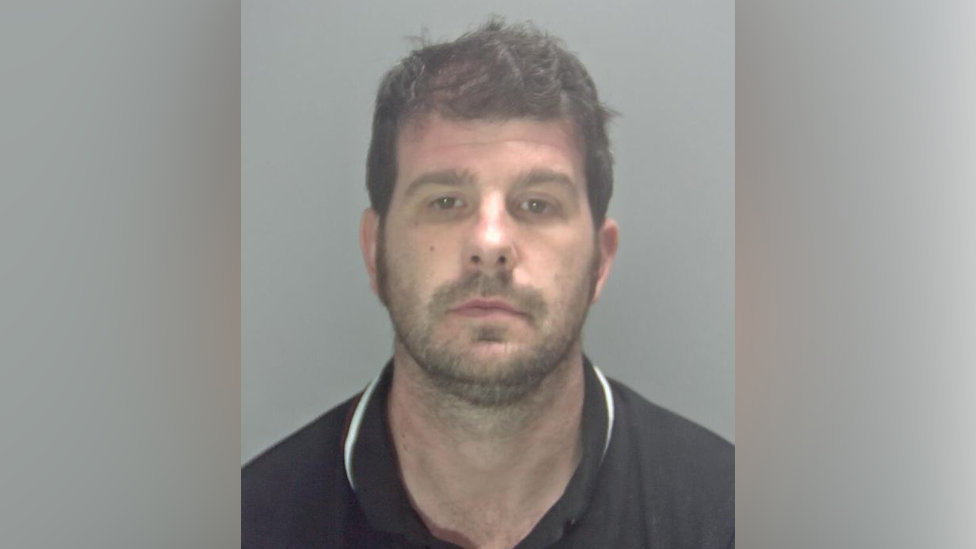
- Published23 October 2024
